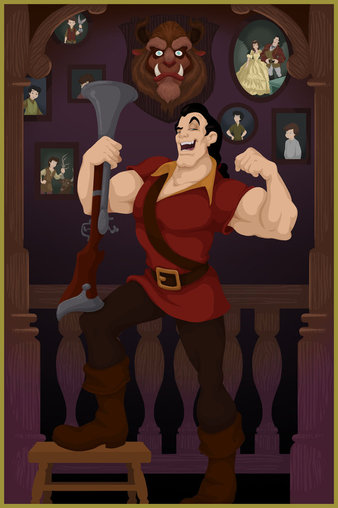 Amalia Dillin, author of Forged by Fate, on villains, character arcs, and songs played on repeat: Beauty and the Beast is hands down my favorite Disney movie, without question. I love Gaston as a villain. I love The Beast. I love Belle, who is equal parts nerdy and stubbornly independent. The only problem is, while Belle is the lens through which we see the story, the leading lady, if you will, there is no real evolution of her character. The focus of change stays with Beast. He's the one who starts out horrible and slowly morphs into something more civilized. He's the one who ultimately becomes so changed that out of love for Belle, he releases her, in spite of the fact that he faces his own ruin by doing so. He evolves from a selfish being, to a selfless one, unable and unwilling to even defend his own life when Belle leaves him, because he's realized at last: what's life without love? But what about Gaston? How did he become the villain he is? We have such a complete character arc for Beast, but ultimately Gaston is left as a relatively fixed character, not unlike Belle, though she at least does have the benefit of travel and engagement with new places/characters. Gaston begins and ends in the same place. Selfish, self-satisfied, and arrogant, which of course results in his implied death as he plummets from the castle. He wants Belle, whether she wants him or not, but he clearly doesn't have any understanding of love or any interest in anything but his own desires. Does he even, truly, realize that Belle doesn't want him? Or is that such an impossible idea that he rejects it outright-- she just doesn't KNOW she wants him yet, perhaps? Certainly it seems like something he's capable of, that kind of trick of the ego, but there's that moment in the tavern when Gaston is brooding about Belle's rejection, that one, single, small moment, when there exists this possibility for change, for a shift in the paradigm of his world. We watch it pass him by, while we listen to the other tavern regulars extol Gaston's many, many virtues of manliness in song. (Oh that song! I even listen to it in Icelandic. On repeat.) But even as a sketch of what Gaston could be, he's still a compelling villain. Maybe because we can see what Gaston might have been, if things had gone just ever so slightly differently. If he'd given in to his self-doubts instead of allowing his admirers to sweep them under the rug. Or maybe it's because of how much isn't there. This is exactly the same thought process that occurs when I'm reading about gods in mythology (and it applies just as fully to fairy tales of the non-Disney variety). So often we're given this one dimensional sketch, this account of what a god has done or what a hero has gone through, or what a princess has stumbled across, and we're left to wonder what brought them there, what were their motivations in getting involved to begin with? Did the encounter alter them at all? This is what makes retellings so fascinating -- because they explore all those alternate endings, giving us new and different motivations to fill in the negative space around the characters. (And I still dream of the day that someone can write a retelling of Disney's Beauty and the Beast where Gaston has that moment of self-realization that allows him to become a HERO instead of a villain.) When faced with these bare accounts, I can't stop myself from exploring the characters of the players, delving into further reading about their lives in order to find meaning in the fragments that are in front of me. I want to understand them. I want to know the why behind the whats, wheres, and whens. And if they're my absolute favorite stories or characters? I'll never get tired of exploring every motivational angle! 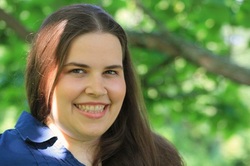 Amalia Dillin began as a Biology major before taking Latin and falling in love with old heroes and older gods. After that, she couldn't stop writing about them, with the occasional break for more contemporary subjects. Her short stories have been published by Daily Science Fiction and Birdville magazine, and she's also the author of the FATE OF THE GODS series and HONOR AMONG ORCS, the first book in the Orc Saga. Amalia lives in upstate New York with her husband, and dreams of the day when she will own goats--to pull her chariot through the sky, of course.
0 Comments
Leave a Reply. |
World Weaver PressPublishing fantasy, paranormal, and science fiction. Archives
February 2024
|
- Home
-
Books
-
All Books
>
- Beyond the Glass Slipper
- Bite Somebody
- Bite Somebody Else
- Black Pearl Dreaming
- Cassandra Complex
- Causality Loop
- Clockwork, Curses, and Coal
- Continuum
- Corvidae
- Cursed: Wickedly Fun Stories
- Dream Eater
- Equus
- Fae
- Falling of the Moon
- Far Orbit
- Far Orbit Apogee
- Fractured Days
- Frozen Fairy Tales
- Glass and Gardens: Solarpunk Summers
- Glass and Gardens: Solarpunk Winters
- Grandmother Paradox
- Grimm, Grit, and Gasoline
- Haunted Housewives
- Heir to the Lamp
- He Sees You When He's Creepin': Tales of Krampus
- Into the Moonless Night
- Jack Jetstark's Intergalactic Freakshow
- King of Ash and Bones (ebook)
- Krampusnacht
- Last Dream of Her Mortal Soul
- Meddlers of Moonshine
- Mothers of Enchantment
- Mrs Claus
- Multispecies Cities
- Murder in the Generative Kitchen
- Recognize Fascism
- Scarecrow
- Sirens
- Shards of History
- Shattered Fates
- Skull and Pestle
- Solarpunk (Translation)
- Solarpunk Creatures
- Solomon's Bell
- SonofaWitch!
- Speculative Story Bites
- Trenchcoats, Towers, and Trolls
- Weredog Whisperer
- Wolves and Witches
- Anthologies and Collections
- Novels
- Novellas
- Fairy Tale
- Fantasy
- Romance
- Science Fiction
- Urban/Contemporary Fantasy
- Young Adult SFF
-
All Books
>
- Blog
- About
- Contact
- Press / Publicity
- Newsletter Signup
- Privacy Policy
- Store

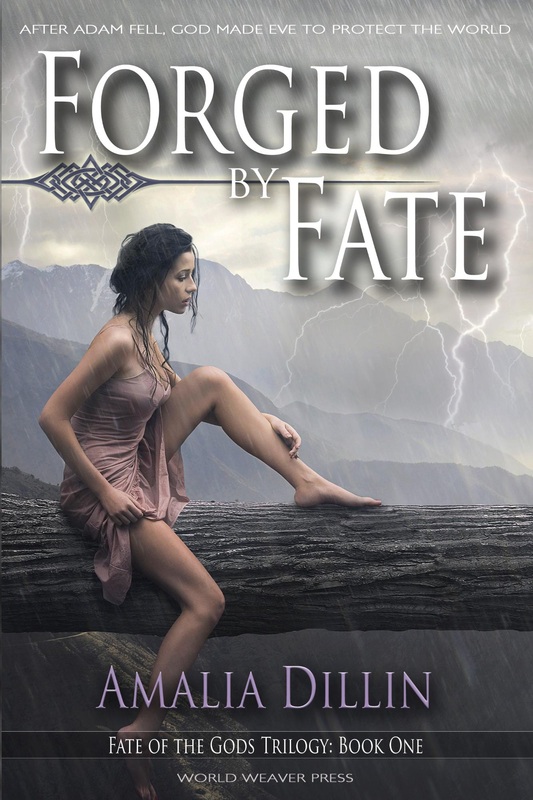
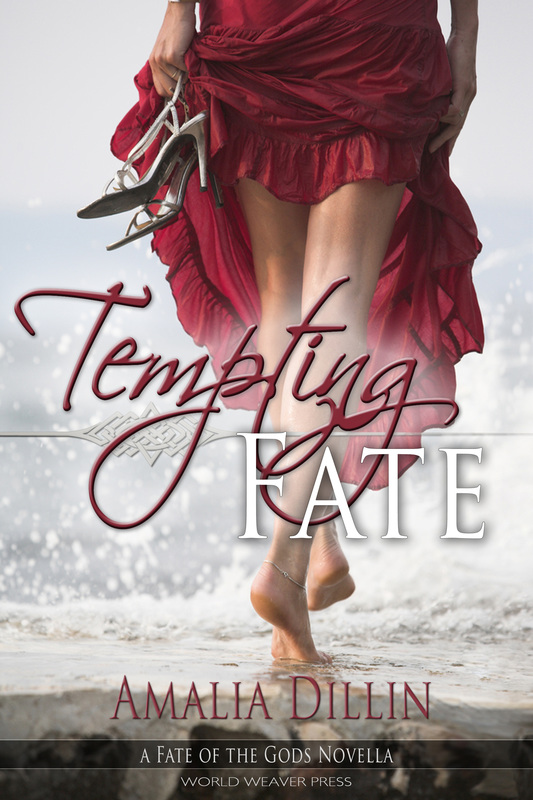
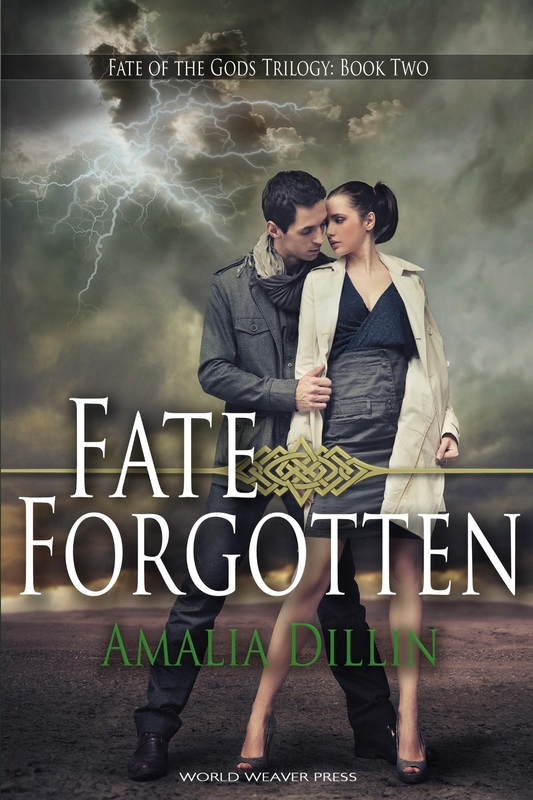
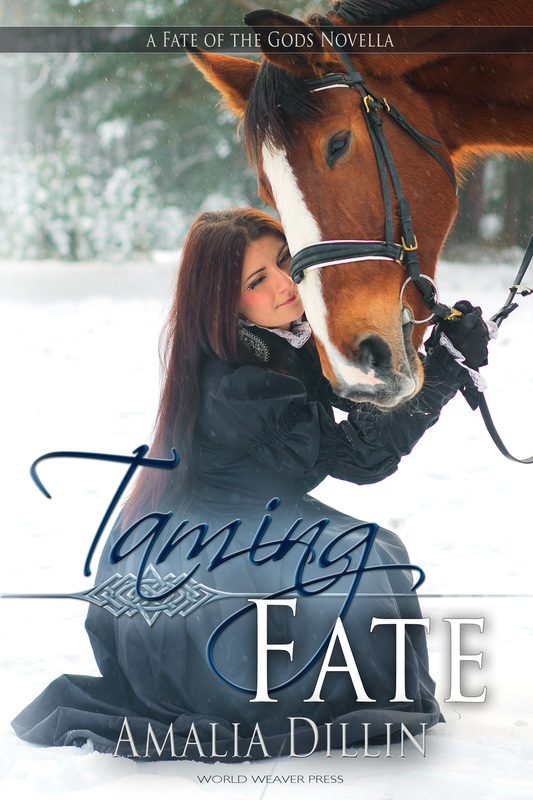
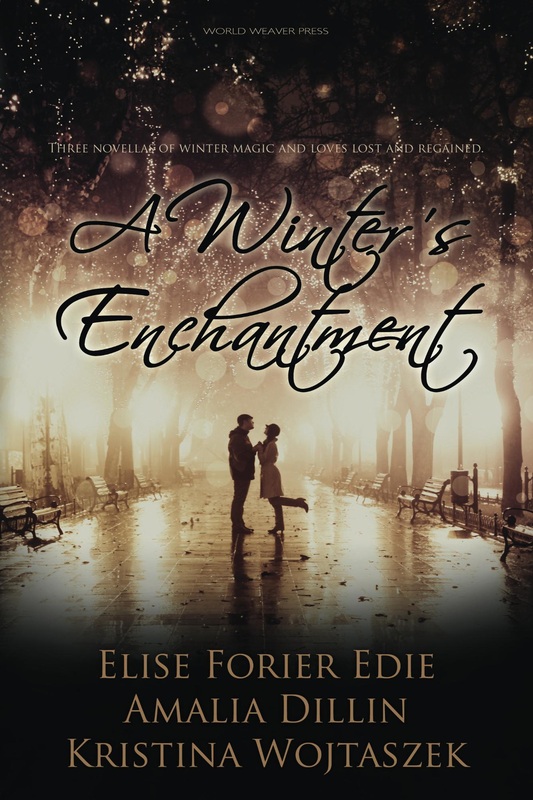
 RSS Feed
RSS Feed